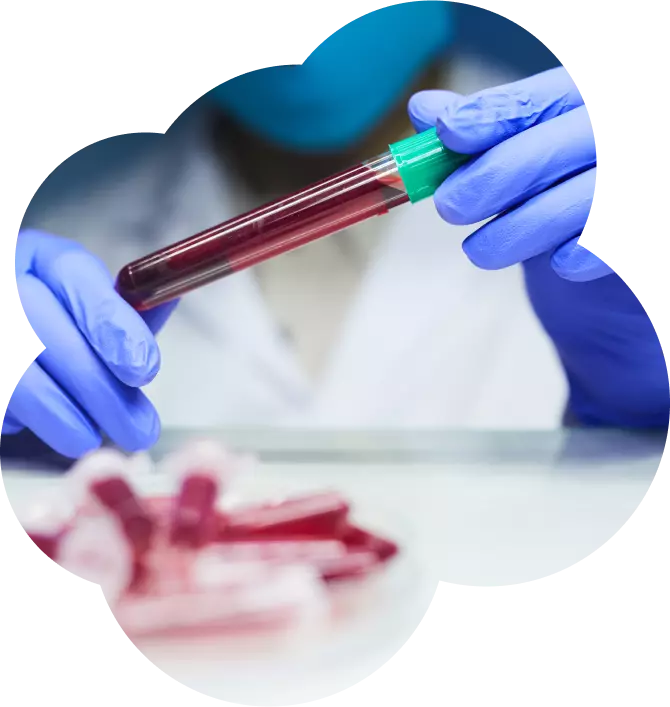
Preimplantation Genetic Diagnosis (PGD) is a procedure used in in-vitro fertilization (IVF) to test for genetic disorders before embryos are implanted at the Best Hospital for Pregnancy Test in Bangalore. It allows for the identification of genetic abnormalities, ensuring only healthy embryos are transferred.
A VDRL (Venereal Disease Research Laboratory) test is used to screen for syphilis, a sexually transmitted infection. It detects the presence of antibodies that indicate a current or past syphilis infection.
The SGOT (Serum Glutamic-Oxaloacetic Transaminase) test measures the level of a liver enzyme in the blood. Elevated SGOT levels can indicate liver damage or disease, making it a useful diagnostic tool.
Preimplantation Genetic Diagnosis (PGD) is a crucial test performed at the Best Hospital for Pregnancy Test in Bangalore, Sai Specialty Center, to screen embryos for genetic abnormalities before implantation. This helps identify and prevent the transfer of embryos with genetic disorders, ensuring a healthy pregnancy and baby. PGD is particularly important for couples with a history of genetic conditions or who are at risk of passing on inherited diseases.
The VDRL (Venereal Disease Research Laboratory) test is used to detect the presence of syphilis, a sexually transmitted infection. This test is routinely performed at the Best Hospital for Pregnancy Test in Bangalore, Sai Specialty Center, to screen for syphilis and ensure timely treatment, preventing the spread of the disease and potential complications.
The SGOT (Serum Glutamic-Oxaloacetic Transaminase) test measures the levels of a specific enzyme in the blood, which can indicate liver damage or dysfunction. This test is crucial in assessing liver health and detecting any underlying liver-related conditions that may require further investigation or treatment.


Preimplantation Genetic Diagnosis (PGD) is a technique that helps find genetic flaws in embryos before implantation. It involves removing one or more cells from an embryo created through in vitro fertilization and testing it for certain genetic disorders. PGD allows couples to reduce the risk of passing on inherited conditions to their children.
The VDRL (Venereal Disease Research Laboratory) test is a screening tool used to detect syphilis, a sexually transmitted infection. It measures the presence of certain antibodies in the blood that indicate a current or past syphilis infection. A positive VDRL result requires further testing to confirm the diagnosis.
The SGOT (Serum Glutamic-Oxaloacetic Transaminase) test measures the amount of this enzyme in the blood, which can indicate liver damage or disease. Elevated SGOT levels may be a sign of conditions like hepatitis, cirrhosis, or a heart attack. This test is commonly used as part of a standard metabolic panel to assess overall liver function.
Preimplantation Genetic Diagnosis (PGD) , VDRL Test & SGOT Test all have each of their own major core importance and that are listed below.


Usually, the procedure takes a few days to a week.
